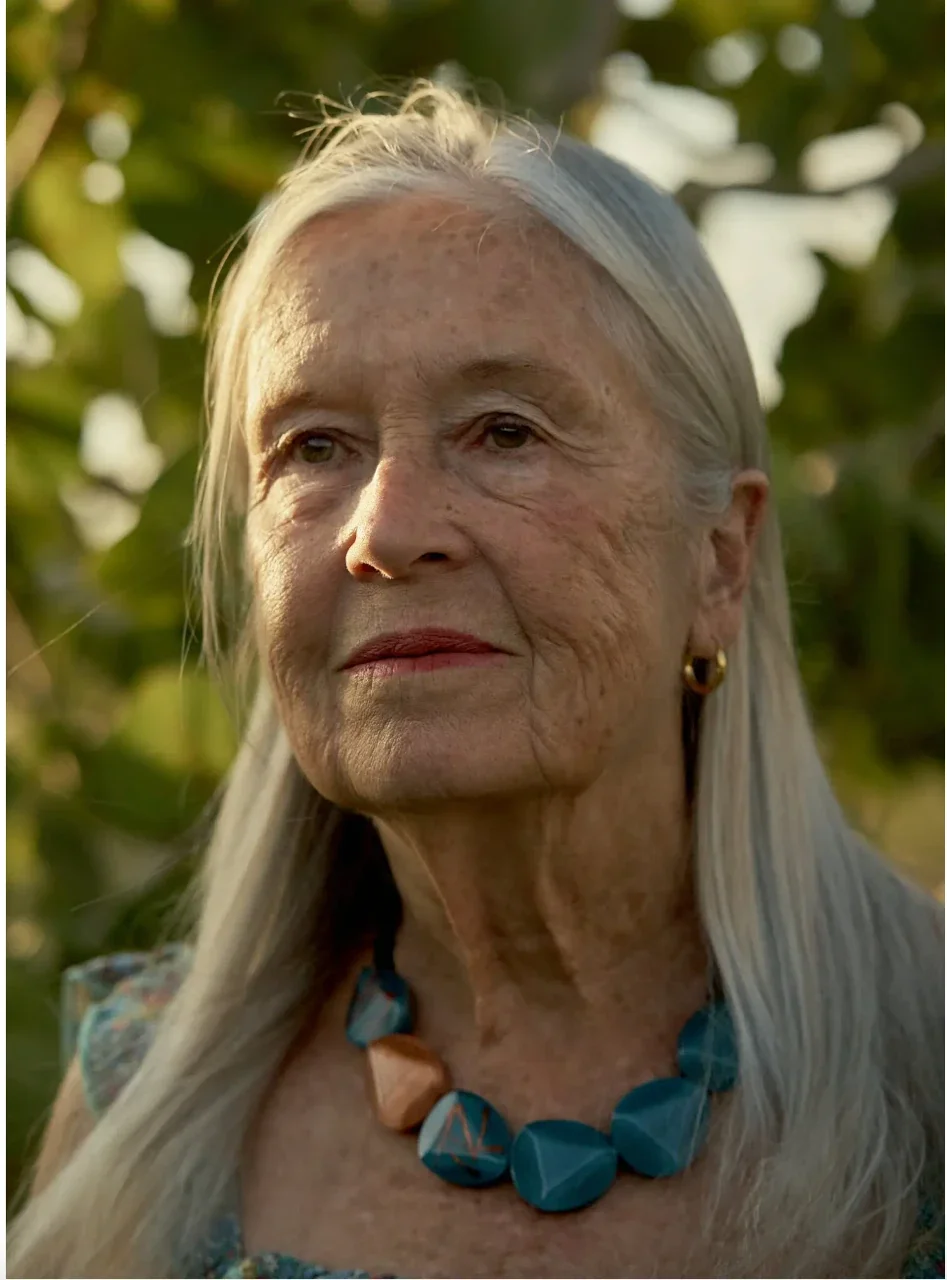Common law marriage is an informal marriage where a couple doesn’t go through the legal requirements to marry. They don’t apply for a valid marriage license or say “I do” before witnesses. Instead, they make an informal decision to declare themselves married. That gets them at least some of the social, tax, and legal rights of a legal marriage.
Back a century or two, common law marriages were accepted across the country. Today there are only a handful of states that fully sanction new common law marriages. New York doesn't recognize common law marriages, with one exception. All states, including New York, recognize common law marriages if a couple entered into it in a state and at a time when it was a legal marriage. That’s because Article IV of the U.S. Constitution includes the “Full Faith and Credit” clause, which requires states to respect the laws of the other states and the legality of such marriages.

There is a commonly held belief that a couple who lives together for seven years is automatically a common law couple with a legal marriage. That is a myth in every state.
It is also illegal in every state to commit to a common law marriage if you are already legally married to somebody else. There are no conditions under which this is a valid marriage.
Does New York recognize common law marriages?
If you have a common law marriage that was sanctioned in one of the states that currently condones or allows them, then New York State will probably accept yours. It does not recognize common law marriage that originates in the state, although some cities in the state maintain partnership registries and other options for unmarried couples.
There have been numerous lawsuits over the recognition of common law marriage. One of the court decisions that New Yorkers point to when their common law marriage is questioned is Tornese v. Tornese. It centers on the fact that neighboring Pennsylvania recognizes common law marriages created in the state before Jan. 1, 2005. Pennsylvania didn’t require that couples live in Pennsylvania for any length of time before declaring themselves common law married.
In 1996, the Torneses, longtime New York State residents, went to Pennsylvania for the weekend and decided their relationship was a common law marriage. They came home at the end of the weekend, declaring themselves married. New York didn’t accept their common law marriage as a valid marriage, so the couple took it to court. They won because their common law marriage met the standards in Pennsylvania.
How to prove common law marriage from another state
In the states that recognize common law marriages, you must agree to be married, live together as a couple, and tell others you are married. In legal framework, you must “hold yourself out” as married. But each state also has its own specific rules.
You must meet the requirements in the state where your common law marriage was first recognized. Then, when you move to New York State as a common law married couple, there are steps to take to protect yourselves if your legal marital rights are questioned by state or local governments.
- If the state where you came from can provide an official recognition of your marriage, get that document. Lacking that, an affidavit signed by both partners and sworn statements from witnesses can be helpful.
- Provide proof that you live as a married couple, including evidence you share a home and comingle your finances. Financial documents with both your names are important.
- Be consistent. Don’t consider yourself married for one purpose and unmarried for others.
Alternatives to common law marriage in New York
If you reject a standard marriage license or can’t commit to a formal, licensed marriage in New York, there are alternatives to common law marriages.
Domestic partnerships
When same sex marriage was legalized nationally, some states ended protections for domestic partnerships, but New York has maintained them. A domestic partnership in New York is recognition that a couple is in a committed relationship without a legal marriage. It can be a legalized same sex marriage or an opposite sex marriage.
Domestic partners in New York can use family leave for bereavement and childcare. They can visit their domestic partners in hospitals, prisons, and other state institutions. They are also entitled to share certain benefits, including health, death, and life insurance. In New York City, they also get housing rights like occupancy and tenancy rights.
Requirements for a domestic partnership in New York include:
- You must be 18 or older.
- You must have lived together continuously for six months and not have been in another domestic partnership during that time.
- You can’t be related by blood to a degree that prevents marriage under New York law.
- You must live in the jurisdiction where you are applying.
Cohabitation legal agreements
Living with someone else is never simple. Whether you are living with a romantic partner or your sister, signing a cohabitation agreement can cut down on disagreements.
Most married couples own property as joint tenants with the right of survivorship. Upon the death of one spouse, ownership goes to the surviving spouse. Unmarried couples who live together in New York own property as “tenants in common.” Each owns a percentage of the property. Generally, it is divided 50/50, but you may have decided to do the property division differently.
A couple who the State of New York doesn't recognize as legally married can also decide to be joint tenants with the right of survivorship, but it’s not automatic and must be spelled out in a written agreement. If that is your choice, understand that if you die, your interest in the property automatically goes to your partner—not your heirs.
In either case, you may be subject to a gift tax and potentially a state income tax if one of you dies or if you split.
The cohabitation agreement can spell out how you want to handle these kinds of details. It also can make clear who pays what and who gets what when or if the relationship ends. That includes spelling out what happens to the dog, who keeps the artwork, and other issues important to couples residing together.
Healthcare agent
Choosing each other as a healthcare agent and trading healthcare proxies will ensure you can make decisions for each other should either of you become incapacitated.
Fill out healthcare proxy forms together, so you both understand each other’s wishes. For this purpose, healthcare means any treatment, service, or procedure to diagnose or treat illness. Your healthcare agent will start making medical decisions for you when the doctor determines you can’t make informed decisions for yourself.
Being a healthcare agent also has the effect of allowing you to be in a hospital room or other place where only spouses are generally welcome.
Durable power of attorney
A durable power of attorney allows you to appoint someone to transact personal business on your behalf when you are unable to do it. It can allow your partner, regardless of legally recognized marital status, to access your bank accounts and pay bills when you are incapacitated. Often, a durable financial power of attorney agreement is included in your estate plan.
Living wills
Another way to convey your healthcare wishes is through a living will. It is similar to a healthcare agency, but it is generally connected to your estate planning. It becomes effective if you are diagnosed with a terminal illness or are at the end of life and can’t communicate your wishes.
Last will and testament, trust
If you die without a will, New York State decides who will inherit your solely owned property. It won’t go to an unmarried partner. That person will have no inheritance rights. Your parents and any children or any other close relative would be most likely to inherit. Having a well-written will eliminates this problem and can go a long way toward relieving your partner’s stress at a time of sadness.
How to protect yourself and your partner in New York
Even under the best of circumstances, unmarried couples don’t have the same legal rights and privileges that married couples do, no matter how long that couple lives together. But they can protect each other. Here are some steps to take.
- Name each other in your wills, trusts, and powers of attorney so your partner is your beneficiary rather than your relatives.
- Set up living wills and advanced directives so your partner can make important decisions when you can’t.
- Title property, including real estate, in both names with right of survivorship.
- Besides a will, create a living document that keeps track of who contributed to property and other high-dollar investments. The record should recognize who paid what for down payments, mortgages, and maintenance.
Store these documents in a place that will allow them to be found and used without extensive questioning or lawsuit. Don’t undertake this without expert help. You may need knowledgeable legal advice.
FAQs
How is child support handled if a couple isn’t considered married?
When an informal relationship or a domestic partnership ends, the interest of the child or children takes priority. It doesn’t matter whether the parents were legally married or not, the courts will determine child custody and support arrangements. Consult an experienced family law attorney for help.
Can you get a prenup for a domestic partnership?
No. Prenuptial agreements don’t work with a domestic partnership. Prenups are only useful if you are considered legally married.
If my domestic relationship ends, can I get spousal support?
Yes, the lower-earning spouse is sometimes eligible for spousal support. The court will consider how long you were together, your income disparity, and whether the lower earning spouse can be self-sufficient. You will probably need legal representation to work this out.
Can a domestic partnership save on taxes?
Filing federal taxes jointly can push very high-earning married couples into a very high tax bracket. Domestic partners can avoid this marriage penalty because they file as singles.
Are domestic partnerships recognized everywhere?
Recognition for domestic partnerships isn’t even close to universal. While New York City has a robust domestic partnership law, the regulations aren’t statewide.
What if my common law spouse and I decide to split?
Then you must get a valid divorce. This legal action is mandatory, but no formal ceremony is required for New York to recognize the divorce.


